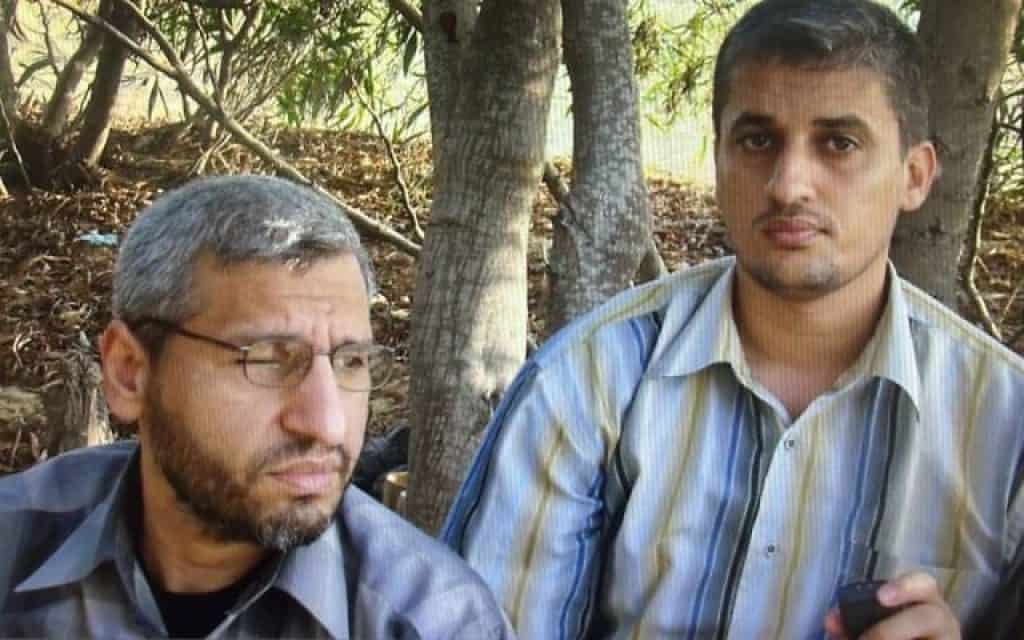
An Israeli airstrike on July 13 targeted Hamas military leader Mohammed Diab Ibrahim al-Masri, aka Muhammed Deif, and Khan Yunis Brigade commander Rafa’a Salameh. The pair were targeted above ground in an area between al-Massawi and Khan Younis in southern Gaza.
“In a joint IDF and ISA activity based on precise intelligence, the IDF’s Southern Command and the IAF carried out a strike in an area where two senior Hamas terrorists and additional terrorists hid among civilians. The location of the strike was an open area surrounded by trees, several buildings, and sheds,” stated the IDF.
According to Israeli media, overnight, the IDF identified that Deif was at a site belonging to Salameh in the al-Massawi area. Following efforts to ensure that no hostages were present, the Israeli military carried out the operation. The current IDF assessment is that Salameh was killed in the attack.
For its part, Hamas has denied that Deif and Salameh were targeted in the strike and accused Israel of killing and wounding civilians in the attack.
“The Israeli allegations are nonsense, and they aim to justify the horrifying massacre. All the martyrs are civilians, and what happened was a grave escalation of the war of genocide, backed by the American support and world silence,” said Hamas official Sami Abu Zuhri.
Israel has accused Deif of being the mastermind behind the October 7, 2023, Hamas-led attack on southern Israel that killed over a thousand people, resulted in the kidnapping of more than two hundred people, ravaged Israeli border communities, and kickstarted the war. Moreover, as Hamas’ military leader, Deif has masterminded attacks against Israelis for decades and has escaped multiple assassination attempts.
Since the start of the war, Hamas has primarily employed a strategy of not acknowledging the deaths of fighters and commanders in Gaza. However, at the beginning of the war, there were a handful of occasions when they did.
If Deif and Salameh have been eliminated, Hamas will likely continue to employ this strategy until after the war has ended. Hamas is fighting for its survival, and the killing of commanders, especially someone like Deif, would be a significant blow to the group. Deif has been a successful commander and a substantial part of the group’s image over the decades. Furthermore, Hamas is unlikely to concede a significant victory to Israel by confirming the death of Deif.
For example, Hamas has yet to acknowledge the killing of Deif’s deputy, Marwan Issa, who was reportedly killed in an airstrike in March by the US and Israel.
It’s also unlikely that Israel would have launched a strike on Deif without credible intelligence on his whereabouts. The Israeli military has been actively operating in critical areas of Gaza over the past few months, including operations in Rafah and Gaza City. It’s possible that these recent military operations led to intelligence that pinpointed Deif’s location.
Nevertheless, this is a familiar situation for Israel and Hamas. It will take time and evidence to see if Israel has finally caught up to the elusive Muhammed Deif.







